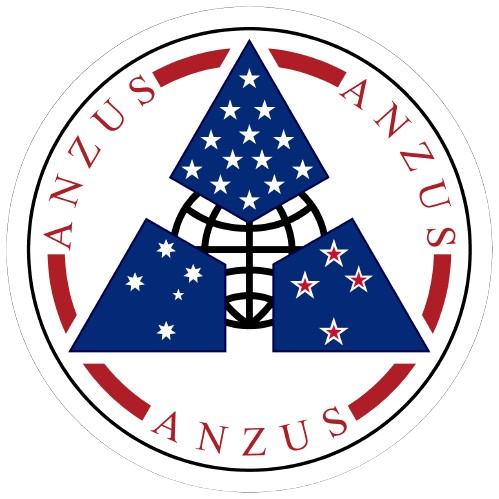- Jul 2, 2018
- 3,526
As they wait the Prime Minister would move onto other topics.
"The security arrangements between our two nations is entrenched in a deep history that cannot be shaken or change. Australia will always defend New Zealand regardless if there is any formal agreement or not. Thats why we propose it is probably better to formalise our defence arrangements in an agreement. We have in the past proposed the Australia, New Zealand, United States Treaty to the United States to only be between Australia and the United States with the possibility of adding New Zealand in the future. The United States has not agreed to it at this present stage but we are opening to signing the treaty with New Zealand to only be an agreement between Australia and New Zealand with the possibility of adding the United States in the future. Is that something New Zealand will be open to?"
basedcnt
"The security arrangements between our two nations is entrenched in a deep history that cannot be shaken or change. Australia will always defend New Zealand regardless if there is any formal agreement or not. Thats why we propose it is probably better to formalise our defence arrangements in an agreement. We have in the past proposed the Australia, New Zealand, United States Treaty to the United States to only be between Australia and the United States with the possibility of adding New Zealand in the future. The United States has not agreed to it at this present stage but we are opening to signing the treaty with New Zealand to only be an agreement between Australia and New Zealand with the possibility of adding the United States in the future. Is that something New Zealand will be open to?"
basedcnt



